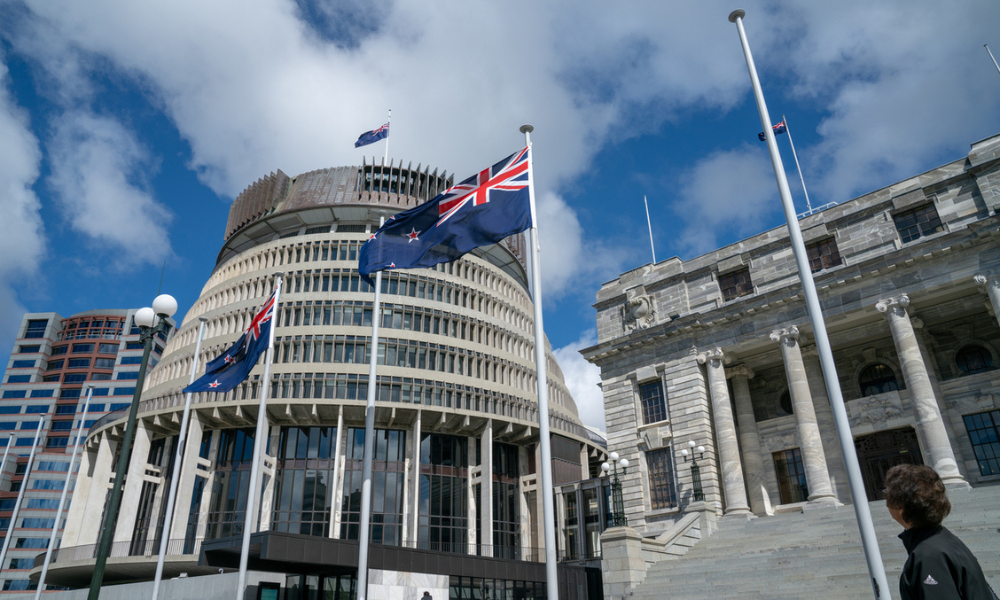
New mandate 'precursor' to potential Jobseeker Support reapplication scheme

The New Zealand government is mandating that about 20,000 beneficiaries of Jobseeker Support attend a work check-in seminar after six months or risk losing their benefit payments.
The work check-ins are meant to ensure that beneficiaries of the welfare system are regularly in contact with the Ministry of Social Development (MSD) so the government can check in their job search progress, according to Social Development and Employment Minister Louise Upston.
"Work check-ins are another way the coalition government is making the welfare system more proactive about supporting Kiwis in their search for employment," Upston said in a statement.
"Work check-in seminars are compulsory, and if someone misses one without a good reason then MSD may stop or reduce their benefit payments."
Among those required are about 20,000 beneficiaries obligated to seek full-time employment. It comes as data revealed that only 53,000 out of 190,00 people receiving Jobseeker Support have employment case managers.
"I'm concerned the other 137,000 job seekers can go many months without talking to MSD about how they are progressing, with some not having to check back in until they reapply for their benefit 12 months later," Upston said.
The new mandate is also a "precursor" to its plan of introducing mandatory reapplication for Jobseeker Support benefits every six months, according to the minister.
"These interventions will help get jobseekers back on their feet quickly. MSD will make sure their profiles and CVs are up to date, offer interview tips, and direct them to job websites and vacancies or further training," she said.
The new compulsory check-in seminars come after the government recently mandated those who will sign up for Jobseeker Support to attend one work seminar within a fortnight.
These efforts are part of the government's plan to reduce beneficiaries of Jobseeker Support by 50,000 by 2030 after they surged under the previous administration.
"Our economy is stronger when more people are in work, which is why we've set an ambitious target to have 50,000 fewer people on Jobseeker Support benefits by 2030," Upston said.